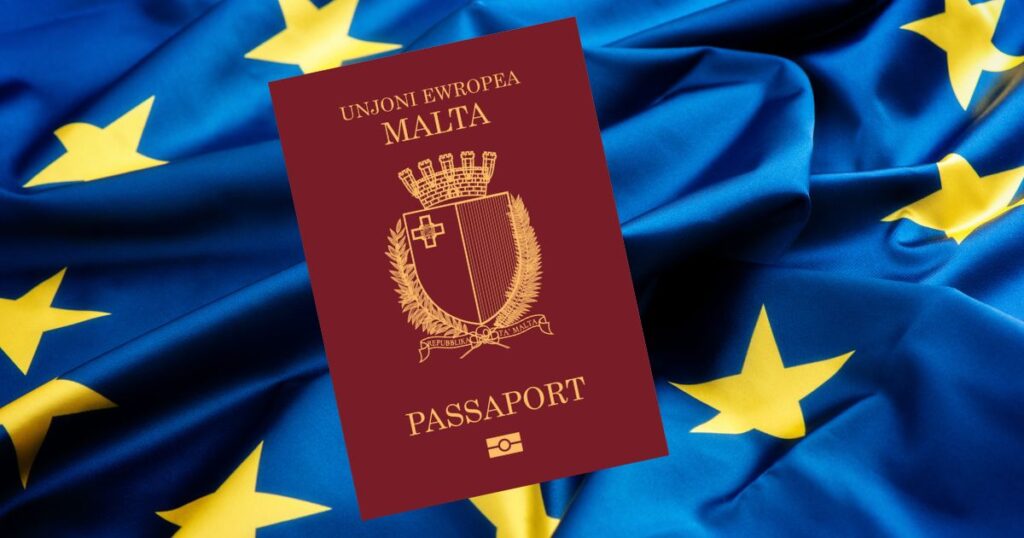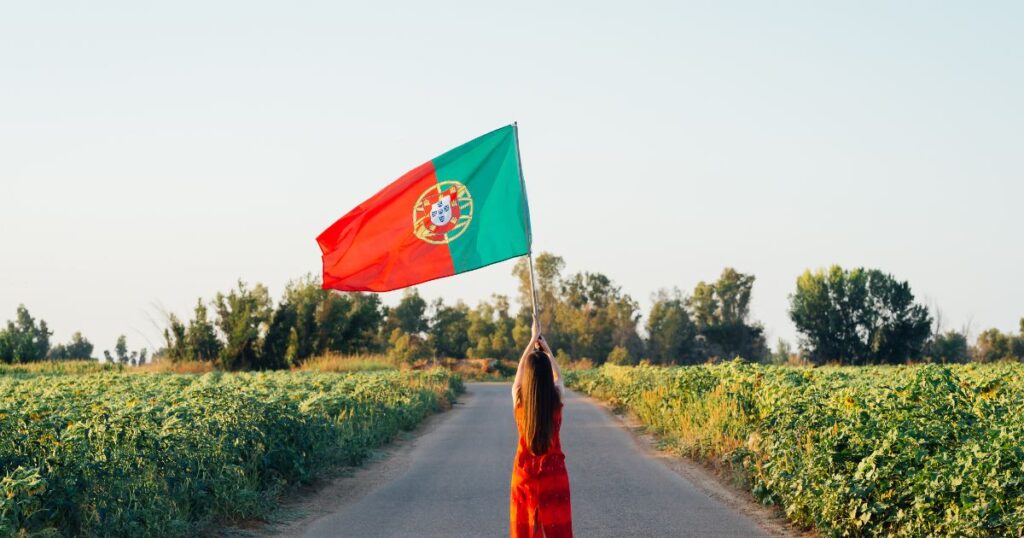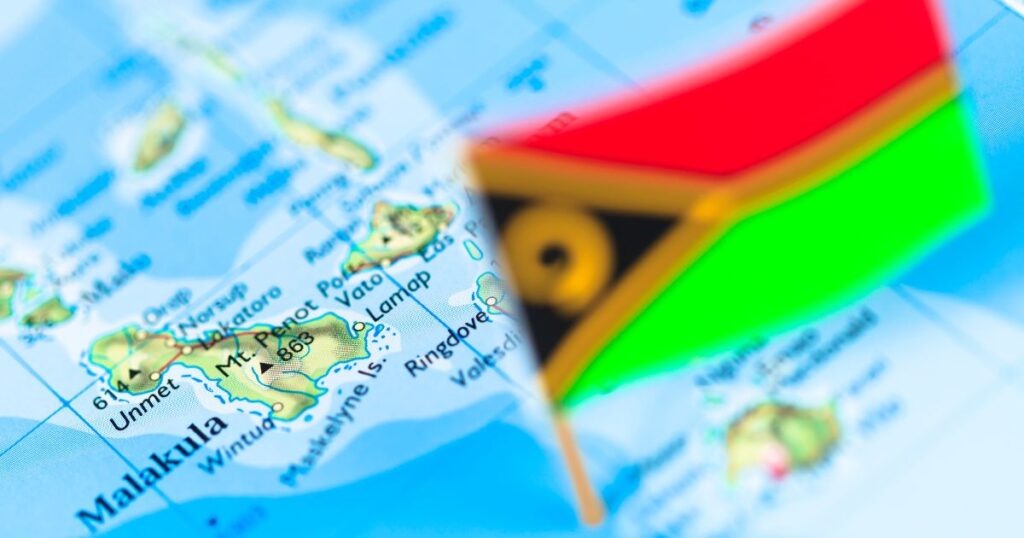As global temperatures rise, investors are becoming more conscious of the importance of climate resilience and sustainable goals. Small nations are vulnerable to climate change. Some of these islands are classified as high risk nations in the world when it comes to natural disasters. Rising sea levels, flooding, volcanic eruptions, hurricanes which threaten survivability and people are at risk.. These vulnerable nations need immediate emergency money for disaster recovery and preparations.
What is Climate Resilience Citizenship?
Climate resilience citizenship involves responsibilities and actions of citizens towards fostering sustainable practices, to counter the effects of climate change, protecting nature and biodiversity loss. It extends the traditional idea of citizenship—focused on social, political and economic rights. Citizens support the country to become a climate resilient nation and reach its sustainable state goals. They have duties of reducing environmental impact practises such as recycling, conserving energy and water, reducing emissions, pollution and supporting renewable energy.
A New Era of Climate Conscious CBI Programs
In recent years, the rapid growth of citizenship by investment schemes, to combat climate change has gained mainstream attention. Citizenship by Investment (CBI) programs has emerged as “cash cow” of raising revenues to fight against climate change, paving way for sustainable development and prosperity in micro-state nations. Granting of citizenship to wealthy foreigners in exchange for investments (donation, real estate, bonds) can bring in additional $1 billion+ in state coffers, channelled into the Sovereign Climate Resilience Fund, in line UN Framework Convention on Climate Change and the Paris Agreement. This fund can channel investments into:
- Hurricane, Earthquake – Disaster Prevention
- Protecting and conservation of nature projects
- Eco tourism destination
- Sustainable agriculture to adopt organic farming.
- Renewable and Green energy projects.
- Animal conservation.
- Reforestation and biodiversity conservation.
- Green infrastructure, such as sustainable housing and transportation systems.
- Climate resilience research and development
- Protecting coastline and marine life
- Pollution, industrial waste, plastics into sea
Small nations do not have local economy or natural resources, financially lack large-scale climate adaptation. CBIs provide a direct source for international funds without increasing national debt.
- The Caribbean is more vulnerable than ever to hurricanes every year due to warmer sea temperatures.
- The World Risk Report has ranked Vanuatu as the world’s most at-risk country to natural disasters and extreme weather events, making climate change the greatest ongoing threat to the well-being and livelihoods of its people and ecosystems.
UN Sustainable Goals
The UN has set sustainable development goal to net zero emissions by 2050, emissions must be cut in half by 2030 to keep warming below 1.5°C. The consumption of all fossil fuels need to be cut by at least 30 per cent by 2030 in order to prevent catastrophic levels of climate change. Fossil fuels – coal, oil and gas – are by far the largest contributor to global climate change, accounting for over 75 per cent of global greenhouse gas emissions and nearly 90 per cent of all carbon dioxide emissions.
Let us study some example of countries, forged a path to become a climate resilient nation financed by citizenship revenues..
Dominica
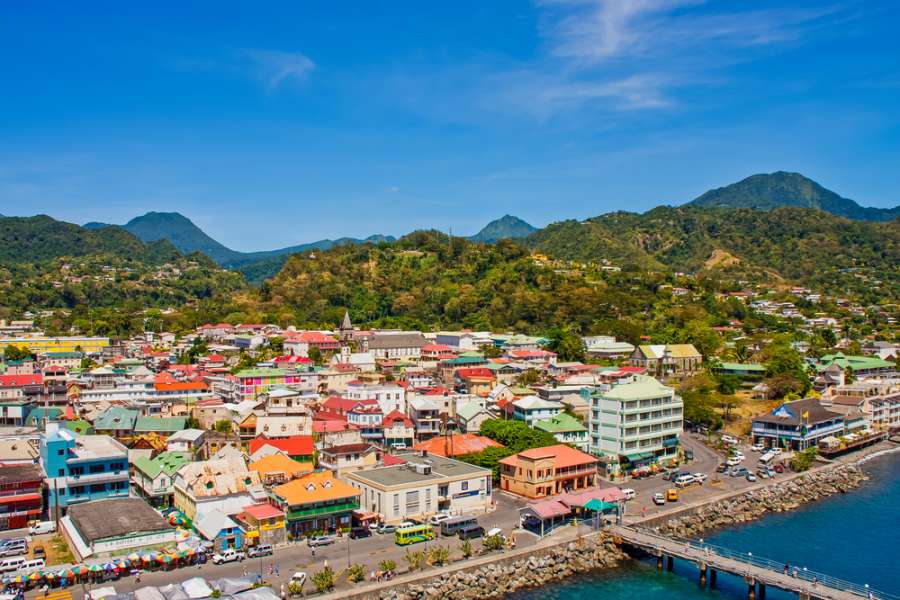
Dominica is extremely vulnerable to natural disasters and climate change. Between 2014 and 2018, Dominica experienced 10 tropical storms and two hurricanes, rendering its economy ever more fragile as a result. When Category 5 Hurricane Maria struck the eastern Caribbean island of Dominica in 2017, it wiped out 98% of building roofs and caused US$1.2 billion (£950 million) in damage. Dominica effectively lost 226% of its GDP overnight. Dominica was able to CBI funds to manage recovery aftermath. Recognising the importance of sustainability, Dominica is committed to transitioning to renewable energy sources. The island aims to become the first climate-resilient nation globally and on track to Reach United Nations’ Sustainable Development Goals with help from CBI Programme. CBI funds are being funneled into projects focused on solar, wind, and geothermal energy, reducing reliance on imported fossil fuels and promoting energy independence. The island has endured several catastrophic climate-related events that have inflicted severe damage on infrastructure, property, and even lives. hat the funds generated through the CBI Programme have been instrumental in financing various housing projects as well as facilitating the rebuilding of Dominica.
Vanuatu
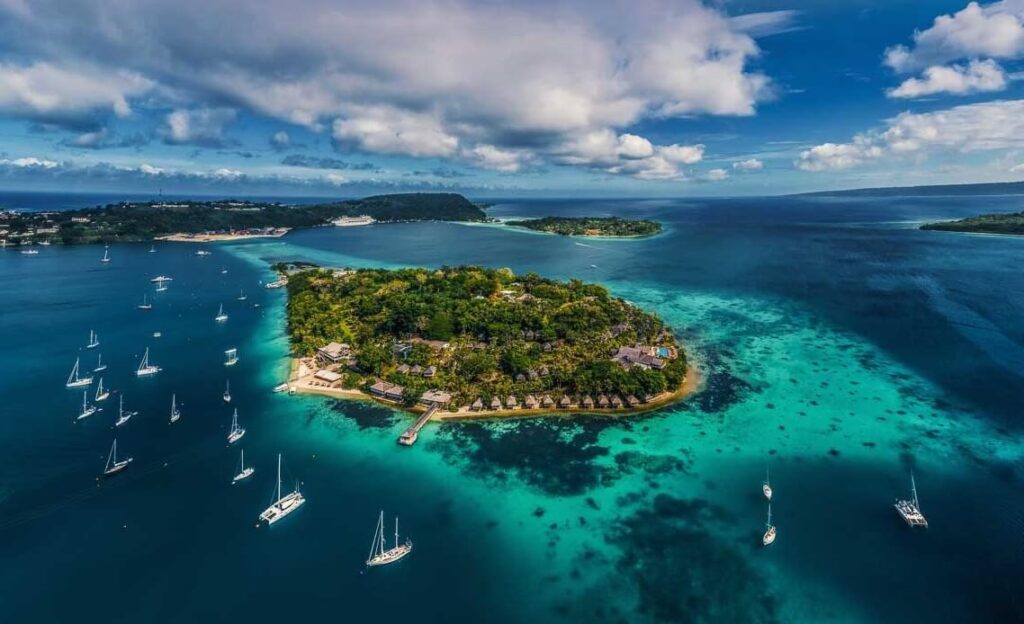
Vanuatu is one of the most vulnerable climate nations in the South Pacific, it receives little funding to face natural disasters. The country is located in the Pacific ring of fire prone to volcanic eruptions, faces hazardous climate conditions include droughts, floods, extreme temperatures, earthquakes, tsunamis, and cyclones. Tropical cyclone Harold hit Vanuatu in 2020, destroying hundreds of schools and disrupting learning for thousands of students. Vanuatu has effectively used CBI funds to reduce public debt, develop the country’s economy and fight natural disasters. Vanuatu has adopted Climate Change and Disaster Risk Reduction Policy 2016 -2030 to fight climate change and disaster risks.
Antigua and Barbuda
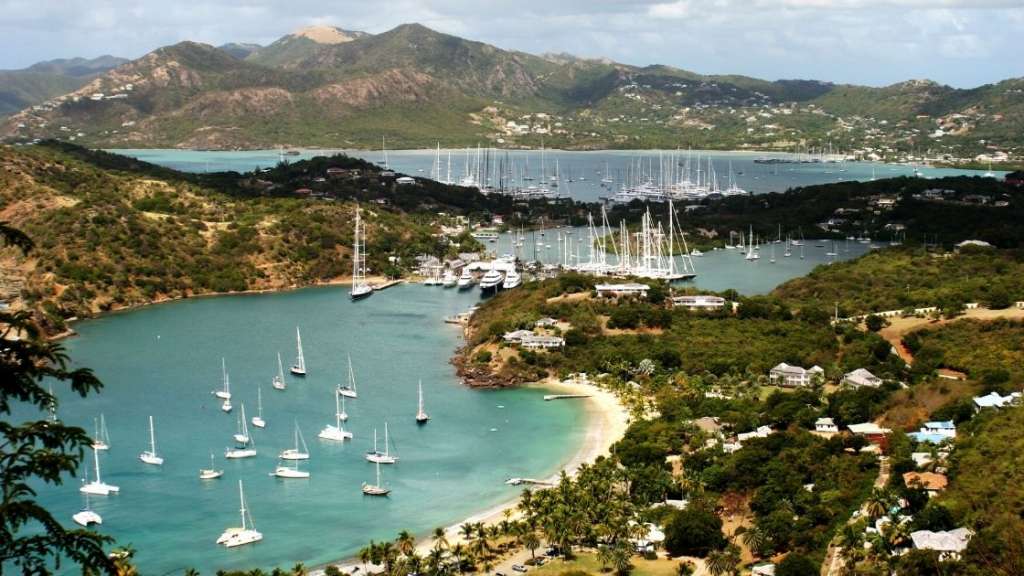
Antigua and Barbuda suffered catastrophic loss, when Hurricane Irma devastated Barbuda and Antigua in 2017, causing widespread damage to the islands’ infrastructure, housing, and livelihoods of $220 million. Over 90% of island of Barbuda is destroyed. Antigua and Barbuda is vulnerable to natural hazards (hurricanes, earthquakes, flooding and droughts and their secondary effects) as was seen over the last few years. Antigua and Barbuda has developed a multi-stakeholder policy on the environment that focuses on climate resilience and adaptation, disaster risk reduction, protection of biodiversity, effective natural resources, and environmental management through the enforcement of policies, legislation and regulations. The Environment Protection and Management Act was amended in 2019 to create an updated institutional and administrative framework that codifies all decisions on environmental and climate-related issues. Antigua and Barbuda is party to the Paris Agreement. In 2021, the government updated its Nationally Determined Contribution to the United Nations to signal its commitment to becoming a low- emission resilient country. Antigua effectively uses CIP funds for hurricane prevention, rebuilding and affordable homes to local people.
St.Kitts and Nevis (SKN)
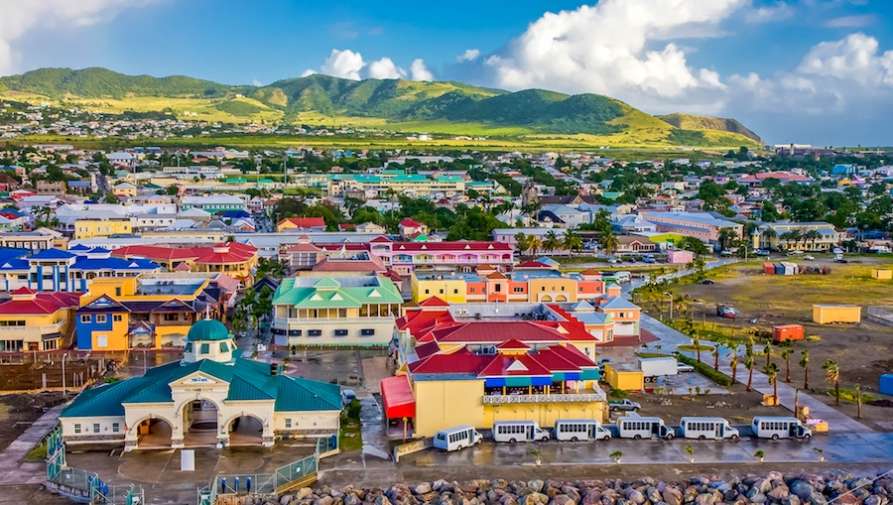
St. Kitts and Nevis, The country lies on the southern edge of the Atlantic hurricane belt where tropical cyclones occur , is most vulnerable to cyclones and hurricanes (and the resulting storm surge), floods, and droughts throughout August, September and October. Climate change has the potential to result in changes in hurricane frequency and intensity has countrywide social and economic implications. The Islands of St. Kitts and Nevis are volcanic in nature, Earthquakes of magnitude 8.0 and above have occurred in the past that inflicted major financial losses to both islands.
St. Kitts and Nevis has taken bold steps at the 28th United Nations Climate Change Conference of the Parties (COP28) with its vision of becoming a sustainable island state. The transformation of the nation into a Sustainable Island State is based on seven (7) key pillars of the Federation’s Sustainable Island State Agenda, namely, food security, green energy transition, economic diversification, sustainable industries, the creative economy, COVID-19 recovery, and social protection.
The SKN CBI programme has helped fund ecotourism on the island, allowing investors to support eco-hotels that promote environmentalism, sustainable food practices, and green agendas. The SKN Government has set up Sustainable Island State Contribution (SISC) exclusively citizenship by investment programme. The contributions received into this fund, are channelled into social and economic development of SKN and to achieve its Sustainable Island State vision by 2040.
Seychelles
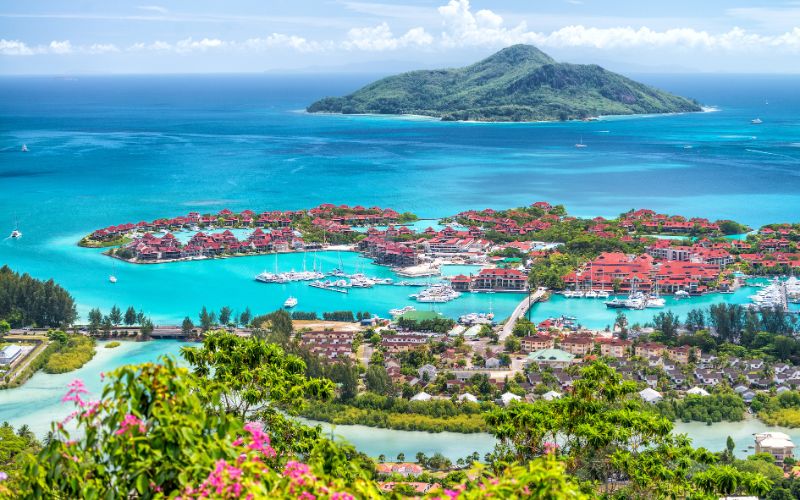
Seychelles is highly vulnerable to climate change due to increased frequency and intensity of climate-induced disasters in combination with sea level rise and other oceanic impacts. As a small island state, Seychelles is exposed to a disproportionately high economic, social, and environmental impact arising from climatic shocks and natural disasters. The country’s location, topography and landscape make it vulnerable to tropical cyclones, tsunamis, storm surge, extreme rainfall, flooding, landslides, rockslides, and forest fires. Seychelles issued the world’s first blue bond in 2018, raising $15 million to support sustainable fisheries and marine ecosystems. Seychelles takes climate change seriously, to become the first African nation to access the Development Policy Loan with a Catastrophe Deferred Drawdown Option (DPL with Cat DDO), which will help the country build resilience to disastrous events impacting its citizens and economy. The DPL with Cat DDO will serve as the ultimate rainy day fund, with a reserve of $7 million to help foster a more stable macroeconomic environment in the country. The DPL with Cat DDO is a contingent line of credit that enables Seychelles to “draw down” funds in the immediate aftermath of any natural disaster declared a national emergency by the government, such as a cyclone or landslide.
Nauru
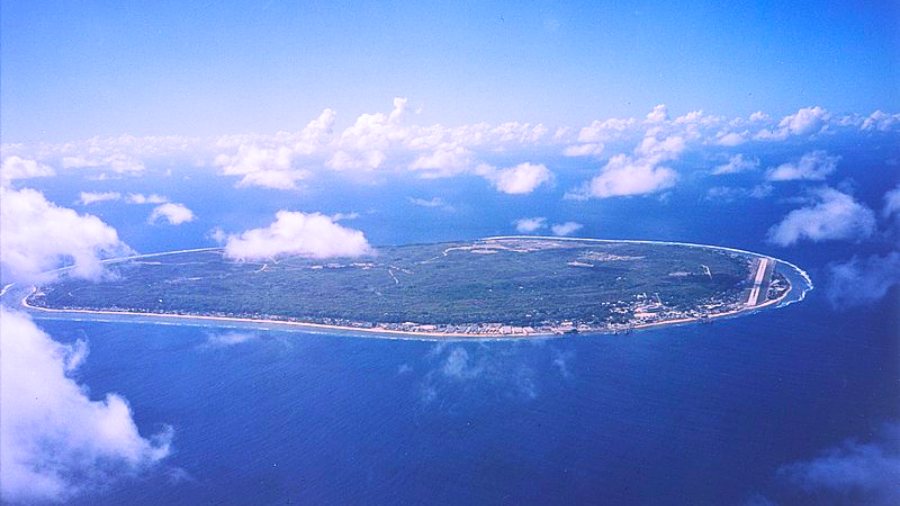
The Republic of Nauru is a smallest country in the world in the pacific, with a population of 11,500 people. Nauru is highly vulnerable to the impacts of climate change. The country is already facing challenges such as stronger and longer-lasting droughts, heat waves, coastal erosion, increased acidity of ocean waters, sea level rise, wind-driven waves and king tides. These climate-related hazards are projected to intensify over time. Long-term sea-level rise threatens coastal livelihoods and infrastructure in the pacific countries. The country recently launched a new Nauru Economic and Climate Resilience Citizenship Program that allows individuals to obtain Nauru citizenship in exchange for a significant economic contribution. The program aims to support Nauru’s sustainable development and climate resilience efforts. All contributions to the NECRCP Treasury fund directly supports the island nation’s efforts in climate adaptation and economic diversification. The country is exploring innovative technologies for renewable energy and water desalination, aiming to establish itself as a center for climate resilience research and development, which could offer exciting prospects for environmentally-conscious investors.
Malta
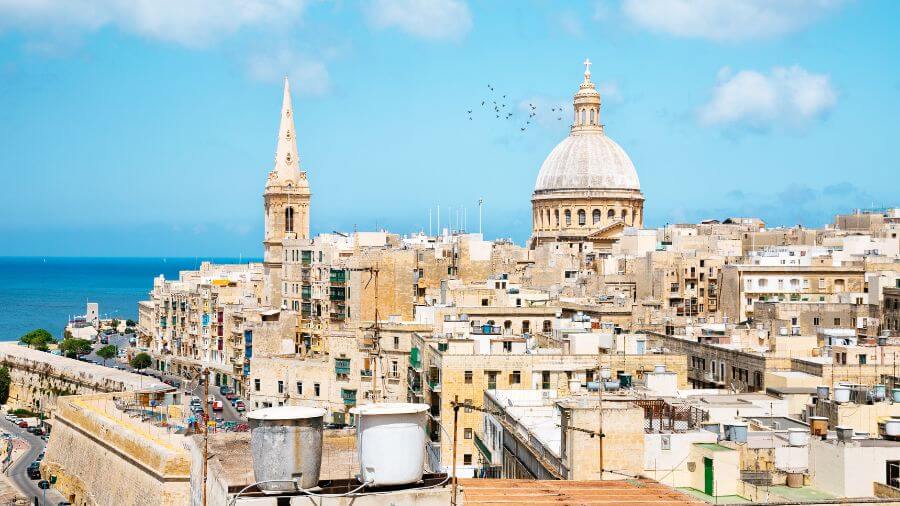
Malta due to its strategic location in the mediterranean is prone to earthquakes, volcanic eruptions, flooding ,drought, coastal erosion due to climate change. Malta is experiencing more frequent and intense heatwaves, droughts, and storms.
Malta has setup NDSF fund to receive contributions from citizenship investors. The NDSF is a sovereign wealth fund, funded by citizenship by investment contributions is committed to sustainable future of Malta. Most noteworthy investments allocated by the NDSF are Social Housing, Local hospitals and health centres;investment in artistic heritage, Urban Greening projects.
The Climate Action Authority is a key player in Malta’s fight against climate change. The Authority is responsible for establishing and maintaining a Climate Action Fund. This fund will be replenished through revenues from market-based climate measures, national greenhouse gas reduction initiatives, and donations or grants, in line with UNFCCC, Paris Agreement, and EU climate legislation.
Conclusion
Climate Resilience Citizenship by Investment programs are reshaping how vulnerable nations finance their fight against climate change. With proper governance, transparency and international collaboration, CBIs could become a cornerstone of meeting global climate goals.



